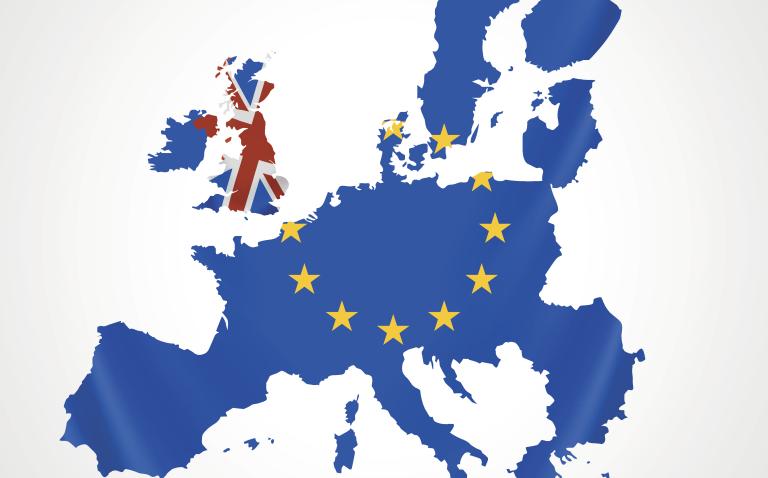Children and rare disease patients could be excluded from lifesaving clinical trials and networks when the UK leaves the EU, according to the Brexit Health Alliance.
In a briefing paper, the alliance of organisations from the NHS, medical research, industry, patients and public health organisations, is calling on both sides in the Brexit negotiations to put patients first.
Titled “The impact of Brexit: Patient access to medical research”, the briefing warns that unless the right deal is reached, collaborative trials, networks and research activities of benefits to patients across Europe may be set back.
The paper cites the example of paediatric cancer specialists who are trialling a chemotherapy treatment for children and young adults with recurring neuroblastoma. The study was started in the UK, but the small number of patients means that the trial could not have happened in a single European country and hopes to recruit 160 patients across Europe.
Published on rare disease day, it also cited European Reference Networks, which are virtual networks of healthcare providers from across Europe working together to find solutions for patients of rare disease and complex conditions. Coordinated and targeted action under the newly established ERNs offers a real and tangible opportunity to draw on the collective expertise and experience of over 900 expert centres, connecting 300 hospitals across 26 Member States, to revolutionise healthcare, break the isolation of patients, reduce health inequality and pave the way for faster diagnosis and access to expert advice, diagnosis and treatment. ERNs offer hope to the 30 million patients across Europe who suffer from rare and undiagnosed conditions.
The coordinators of the 24 ERNs and the European patient associations (Eurordis), have both issued separate statements in time for Rare Disease Day (28 February) to call the EU and the UK government to find a solution for UK patients and healthcare providers to continue to benefit from these networks.
The UK National Health Service (NHS) is involved in 23 of the 24 networks (approximately 40 NHS hospitals), with NHS Trusts leading a quarter (6) of these networks and many further lead on delivery of outcomes from within their respective ERNs. It is of the utmost importance to secure the continued and lasting involvement and fruitful collaboration of UK colleagues, especially in the formative years of the ERNs.
Niall Dickson, co-chair of the Brexit Health Alliance, said:
“We need to make sure UK and EU patients do not lose out as the UK leaves the EU.
“If patients are to continue to benefit from early access to new and better treatments, health technologies and cutting-edge medicines, we have to be able to take part in multinational research programmes and clinical trials. We have achieved so much through co-operation with European partners and this must continue.
“This can be done if the will is there – what patients need is an agreement which enables maximum co-operation in research and innovation between the EU and the UK, and maximum alignment with the rules regulating medicines and medical devices across Europe.
“But time is running out and with little more than 12 months before Britain leaves the EU, we need to settle this uncertainty as soon as possible.
“Let’s put patients first – both the UK Government and European Commission must make reaching an agreement on future research cooperation a priority.”










